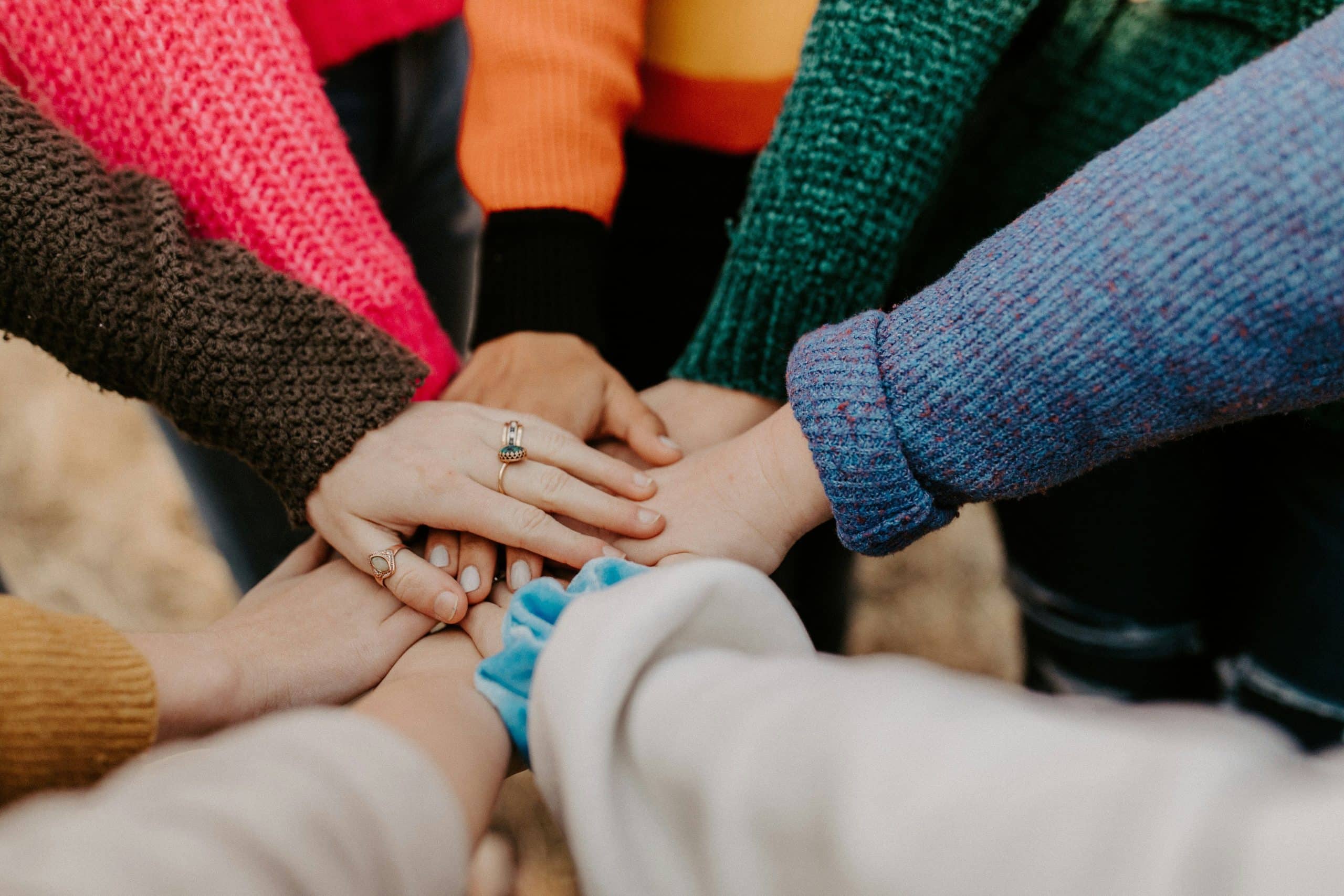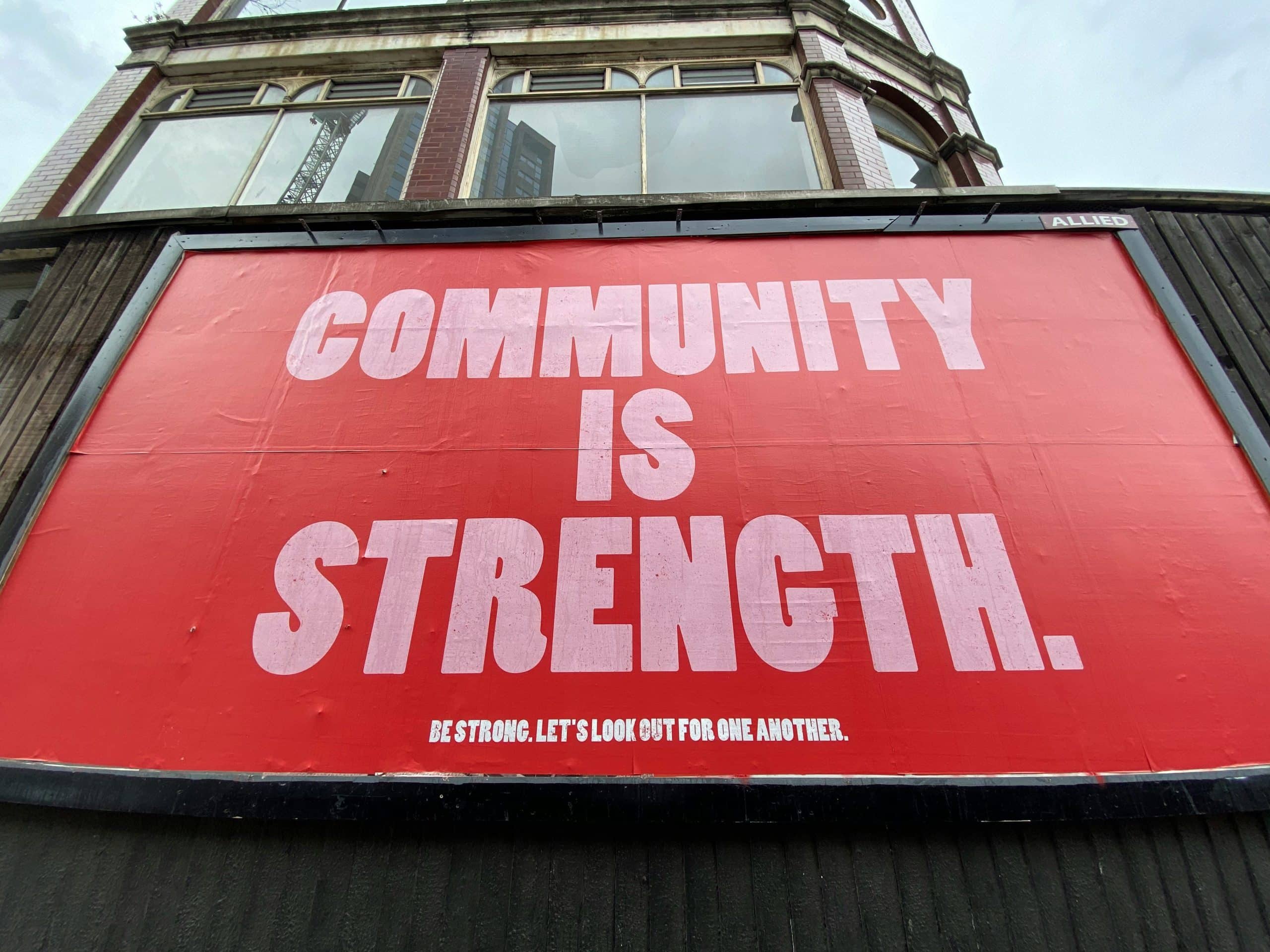We Can’t Afford Performative Activism Anymore – Here’s How to Show Up
The fight for justice isn’t a one-time protest or viral post. It’s everyday work: learning, listening, collaborating, and pushing through the discomfort.

The fight for social justice isn’t just about showing up for a protest once a year. It’s built on sustained effort, meaningful action, constant learning, and uncomfortable growth. It’s also messy, imperfect, and deeply personal. Whether you’re just starting your activism journey or figuring out how to show up in deeper ways, real advocacy means making it part of your everyday life, and not just when it’s easy.
A better world happens because people roll up their sleeves, do the hard work, and stay committed long after the hashtags stop trending. Here are 8 ways to move beyond performative activism and allyship, and start building a lasting, meaningful impact, because real change needs more than good intentions.
Keep Learning (Even When It’s Uncomfortable)

Being an effective advocate starts with education, and not just the kind that confirms what you already believe. Read books, follow activists, listen to podcasts, and challenge yourself to engage with perspectives outside your bubble. If you care about racial justice, for example, go beyond surface-level conversations and dive into the history of systemic racism. If you’re passionate about gender equality, study intersectional feminism and its impact on different communities. The more you know, the better equipped you are to have meaningful conversations, dismantle misinformation, and advocate for real solutions.
Listen More Than You Speak

Good activism isn’t about having the loudest voice in the room, it’s about knowing when to amplify and when to step back. If you’re fighting for a cause that affects communities you’re not personally a part of, listen to the people who are. Follow their leadership, respect their experiences, and avoid centering yourself in the conversation. Create space for marginalized voices instead of speaking over them. Your role as an ally isn’t to save anyone, it’s to stand beside them and support their fight.
Understand Intersectionality (Because Everything Is Connected)

No social justice issue exists in isolation. Racism, sexism, LGBTQ+ rights, disability rights, class inequality; all of these systems of oppression overlap. This is what’s known as intersectionality, a term coined by legal scholar Kimberlé Crenshaw. For example, a Black woman may experience both racism and sexism in ways that are distinct from what a white woman or a Black man might face. Similarly, a transgender person of color may deal with both transphobia and racial discrimination in ways that demand a more nuanced approach to activism. Recognizing these intersections makes your advocacy more inclusive and ensures no one is left behind in the fight for justice.
Show Up for Local Activism

Social justice starts in your own backyard. National movements are important, but real change often happens at the local level, in your schools, workplaces, city councils, and community centers. Find out what’s happening in your area; there are many ways to do that. Volunteer at local shelters, food banks, or advocacy groups. Attend city council meetings to advocate for policies that help marginalized communities. Support local activists who are already doing the work, etc.
Use Social Media Wisely

Social media is a powerful tool for raising awareness, but it’s not a substitute for real activism. Sharing an infographic or retweeting a viral thread is great, but it should be a jumping-off point, not the end of your advocacy. Be mindful of misinformation, though. Just because something sounds compelling doesn’t mean it’s true. Fact-check before you share. Also, prioritize marginalized voices, not just big-name influencers, and use social media as a way to educate, organize, and mobilize people into action online and offline.
Take Care of Yourself (Burnout Helps No One)

Advocacy is hard work, and fighting injustice isn’t a one-time event; it’s a lifelong commitment. If you don’t set boundaries, rest, and recharge, you’ll burn out before you can make a lasting impact. Sustainable activism means taking breaks when needed, setting boundaries around difficult conversations, and prioritizing mental and emotional well-being. You can’t pour from an empty cup, so make sure you’re taking care of yourself, too.
Build Coalitions and Work Together

Change doesn’t happen in isolation. The most powerful movements are built on collaboration. Whether it’s different activist groups working together or individuals uniting across communities, coalitions make movements stronger. Support other causes that align with your values (for example, if you’re fighting for environmental justice, acknowledge how it impacts Indigenous communities). It’s also great to network with other activists; learn from them, share resources, and strategize together. Recognize that movements need people at all levels, from organizers and educators to fundraisers and behind-the-scenes volunteers. You’re not in this alone, and you don’t have to do everything by yourself.
Go Beyond Awareness

Raising awareness is important, but awareness without action doesn’t change the world. If you want to make a real impact, commit to concrete steps. Like donating to grassroots organizations doing the work, volunteering your time or skills, calling or emailing your representatives about policies that matter, boycotting businesses that engage in harmful practices and supporting ethical ones instead, and voting for candidates who align with social justice values. Not just in presidential elections, but in local and state elections, where policies that affect everyday life are made. The small choices you make daily, where you spend your money, who you advocate for, and what conversations you engage in, all add up to something bigger.




